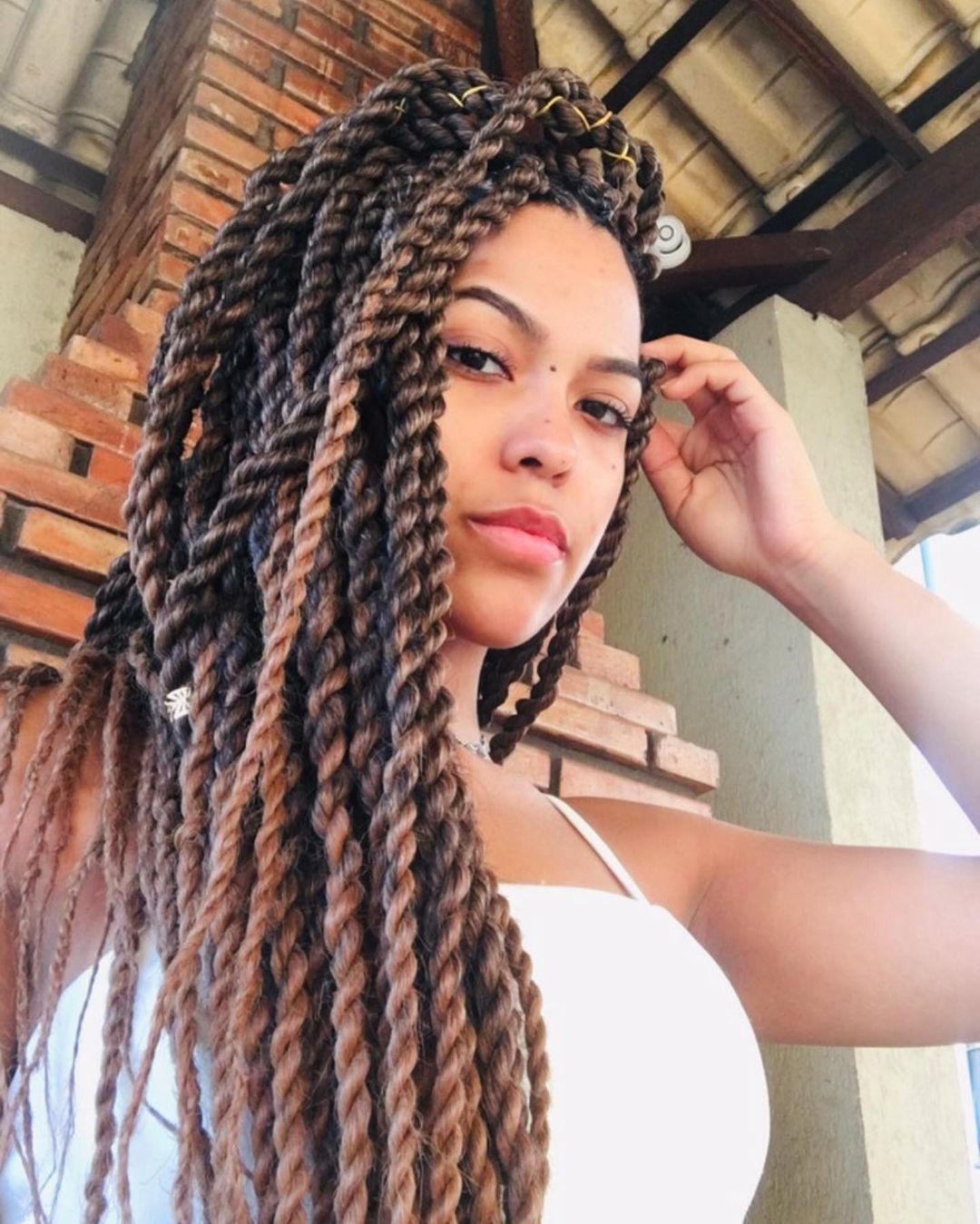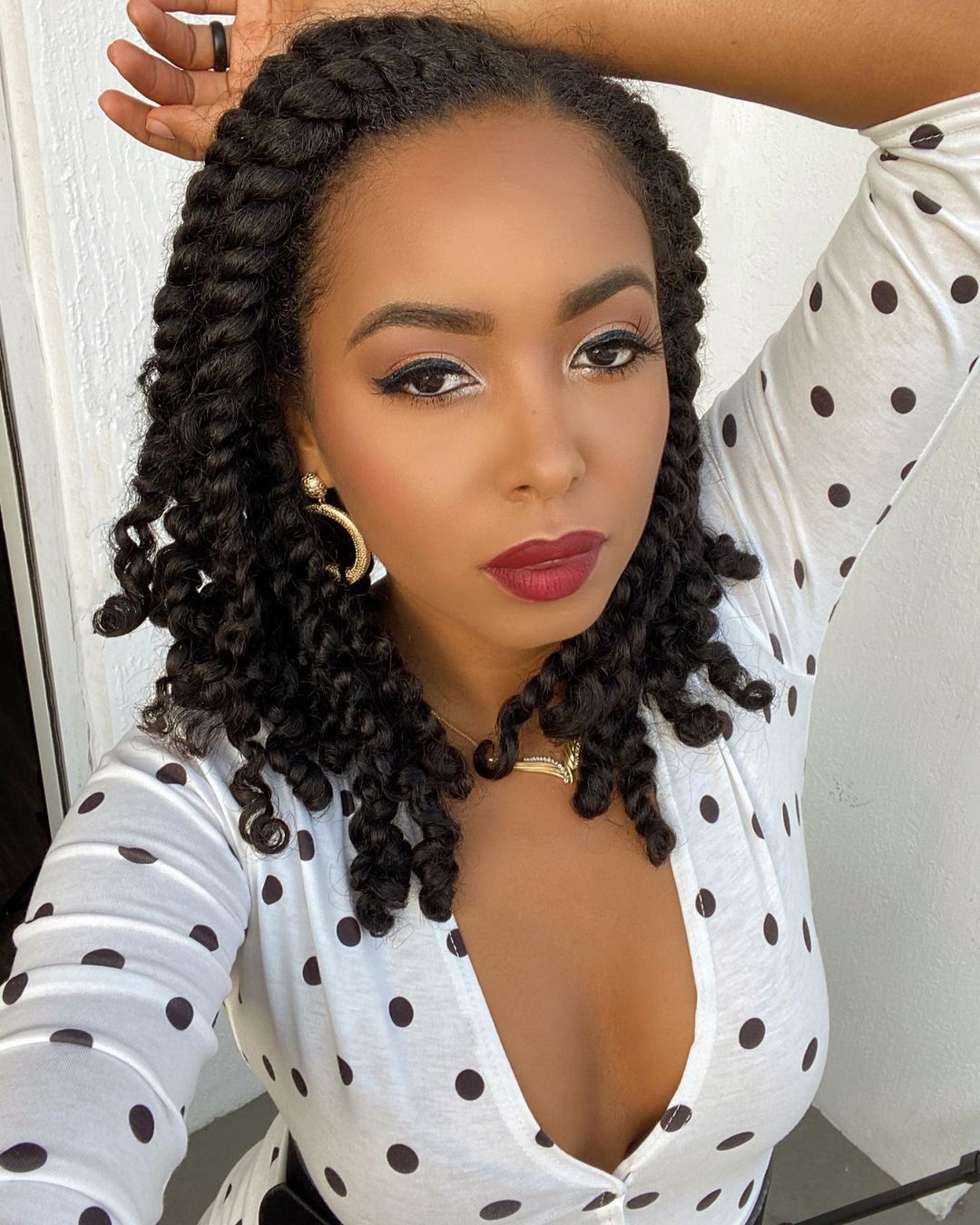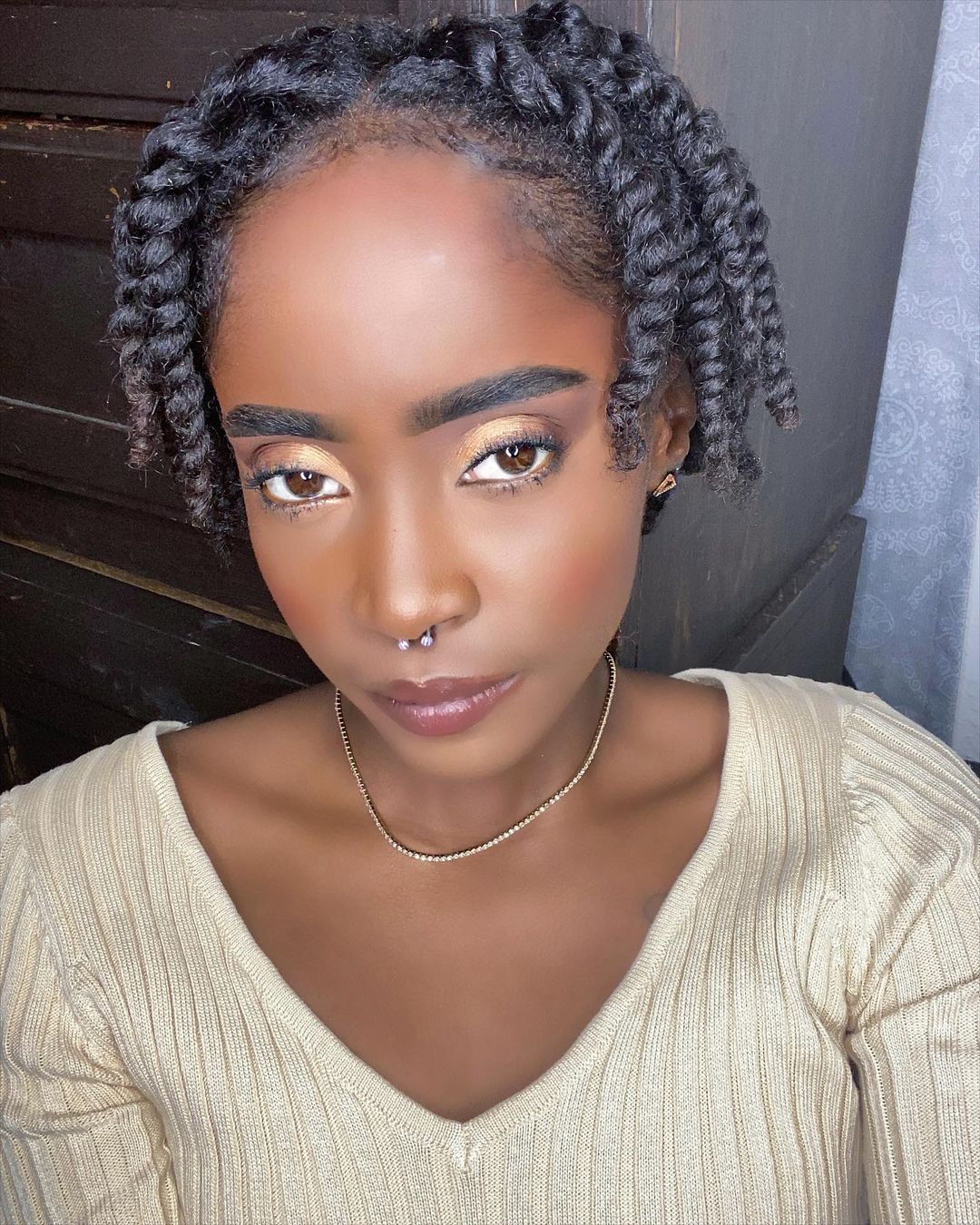Supreme Info About Is Hair Twisting Adhd Bangs Only Long Biys Hairstyle
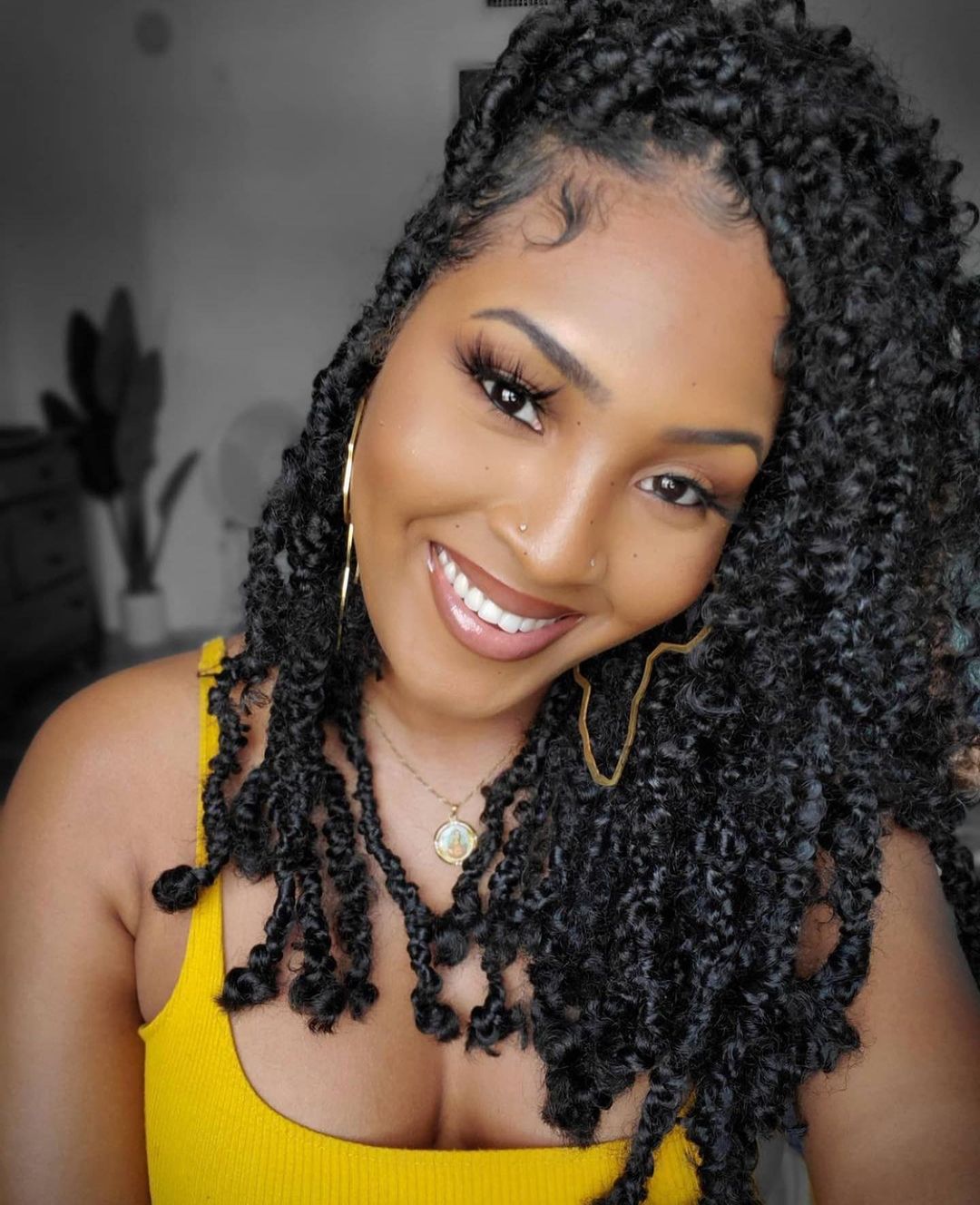
Studies show stimming helps give an extra spark to assist adhd brain wiring and more accurate.
Is hair twisting adhd. I cannot stop fidgiting in my hair. I used to do it with the threads. Does twirling your hair give you a sense of control in situations where you feel like you don't have it?
Not a lot of people know this but many who are diagnosis'd with adhd, esp inattentive type (which he isn't from the sounds of it, but this is still valid), actually have. But very often i end up with. Infrequently, hair twirling can be a symptom of conditions like autism, anxiety, ocd and adhd.
Ever since middle school, whenever both my hands aren't occupied i (m19) have a compulsion to twist around small threads with my fingers. Only a medical professional can diagnose these conditions. So my hair is super short and i'm trying to keep it.
I am a black woman with very fine kinky 4c hair. Many people with adhd commonly engage in body focused repetitive behaviors (bfrb), such as skin picking (dermotillomania), hair pulling (trichotillomania),. I'm currently in the locing process.
A knee bounce or a hair twirl pops up for different reasons: Adults with adhd are at higher risk of a wide range of physical conditions, including nervous system, respiratory, musculoskeletal, and metabolic diseases,. Here are some common stimming behaviors in those with adhd:
If you have twirled your hair while talking, tapped your foot while studying, or rubbed your fingers together while nervous, you have engaged in stimming. Doing this may weaken the hair, resulting in. If you have other symptoms of ocd, your hair twirling habit might be a part of your condition.
Is it just a mindless habit, something to occupy your hands if. There is some evidence that hair twirling can be a symptom of conditions like autism, anxiety, ocd and adhd. Since trichotillomania is an impulse control disorder, those affected with adhd may begin hair pulling to relieve the tension caused by the impact of sensory issues.
Upsetting thoughts or impulses that repeatedly occur 2. However, hair twirling alone — without any other symptoms — does not equal a. A rhythmic movement of one or both legs, often done unconsciously when.
Sometimes i am aware of it and sometimes i'm not. The ponytail tie stops it from coming undone and the claw clip holds the weight of the hair without the tight feeling of a bun. Hair twirling may damage the hair if a person does it repetitively or wraps the hair around their fingers tightly.
I’ve had customers complain about me touching my hair at work, i don’t. Other symptoms of ocd include:
:max_bytes(150000):strip_icc()/ScreenShot2019-12-16at9.54.31AM-7fd446d69c0b45a1bddcb69c175039b6.png)





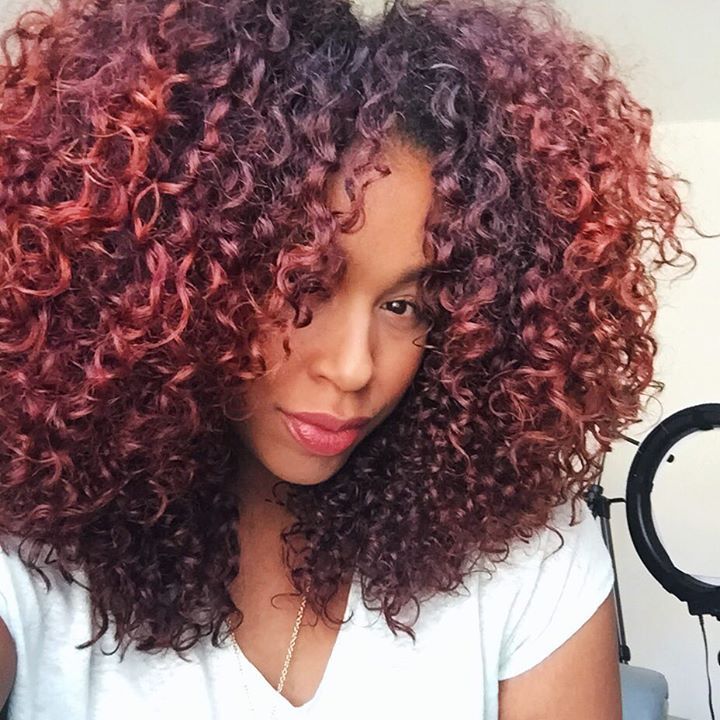



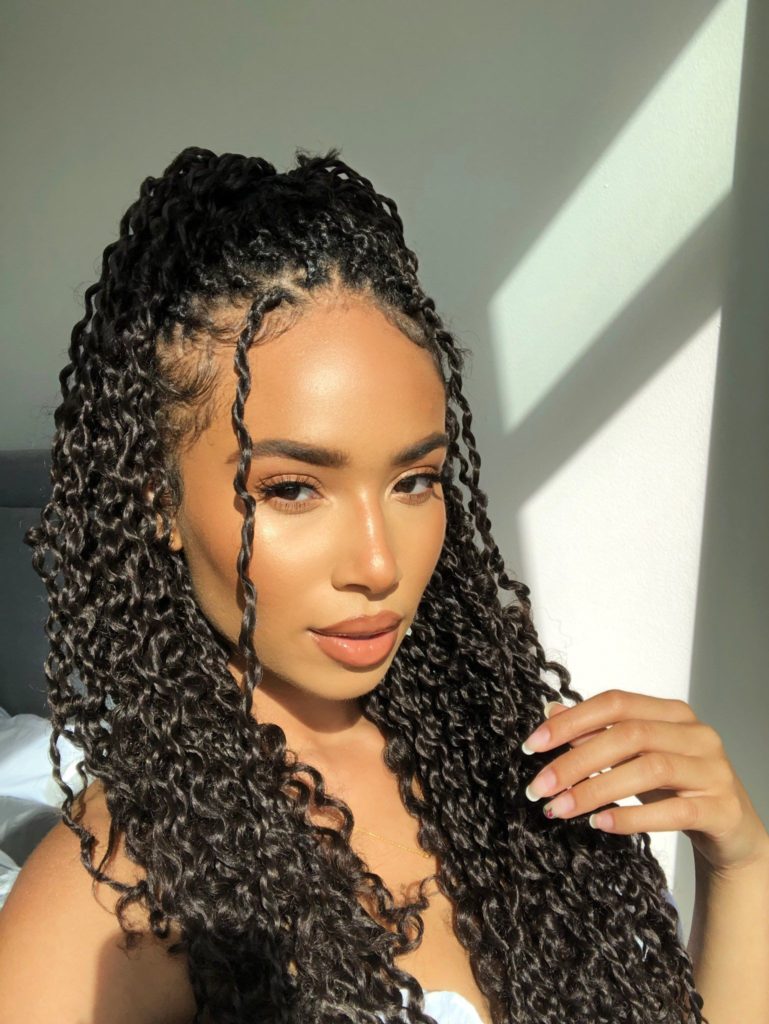

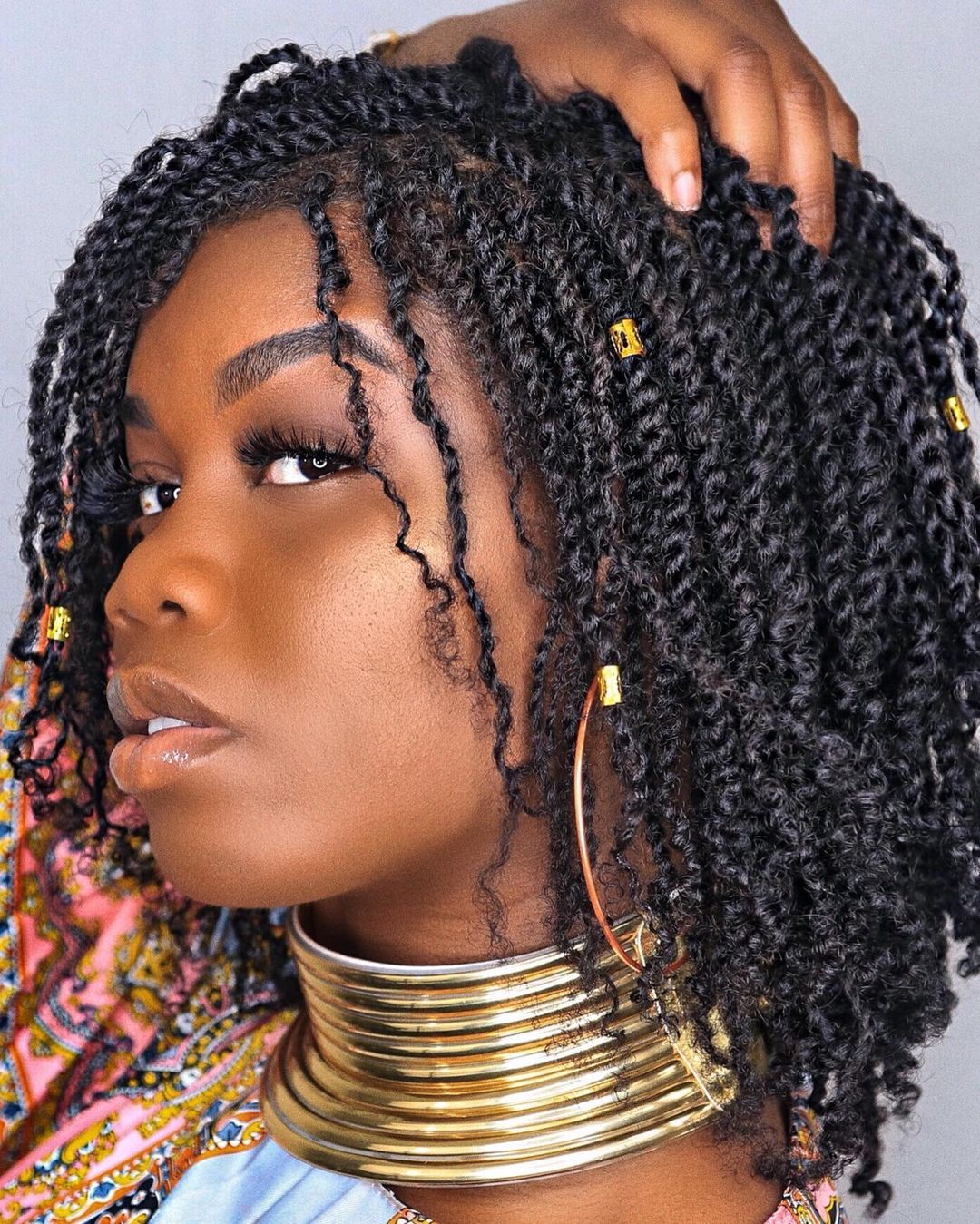

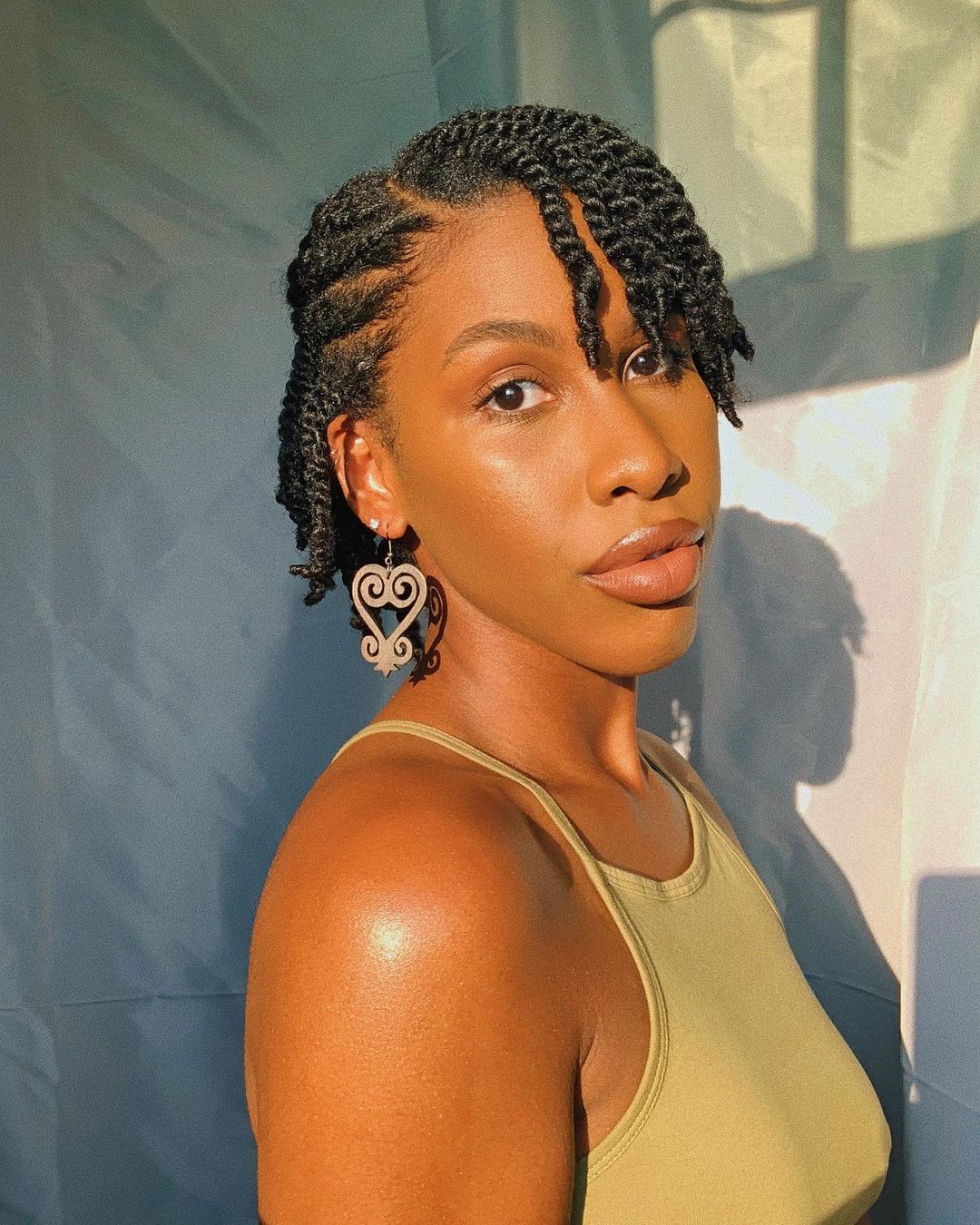
:max_bytes(150000):strip_icc()/65424644_395421887745114_3645422518975462599_n-ea39d1a94ef941aeaa4762b78b1ca9bc.jpg)

